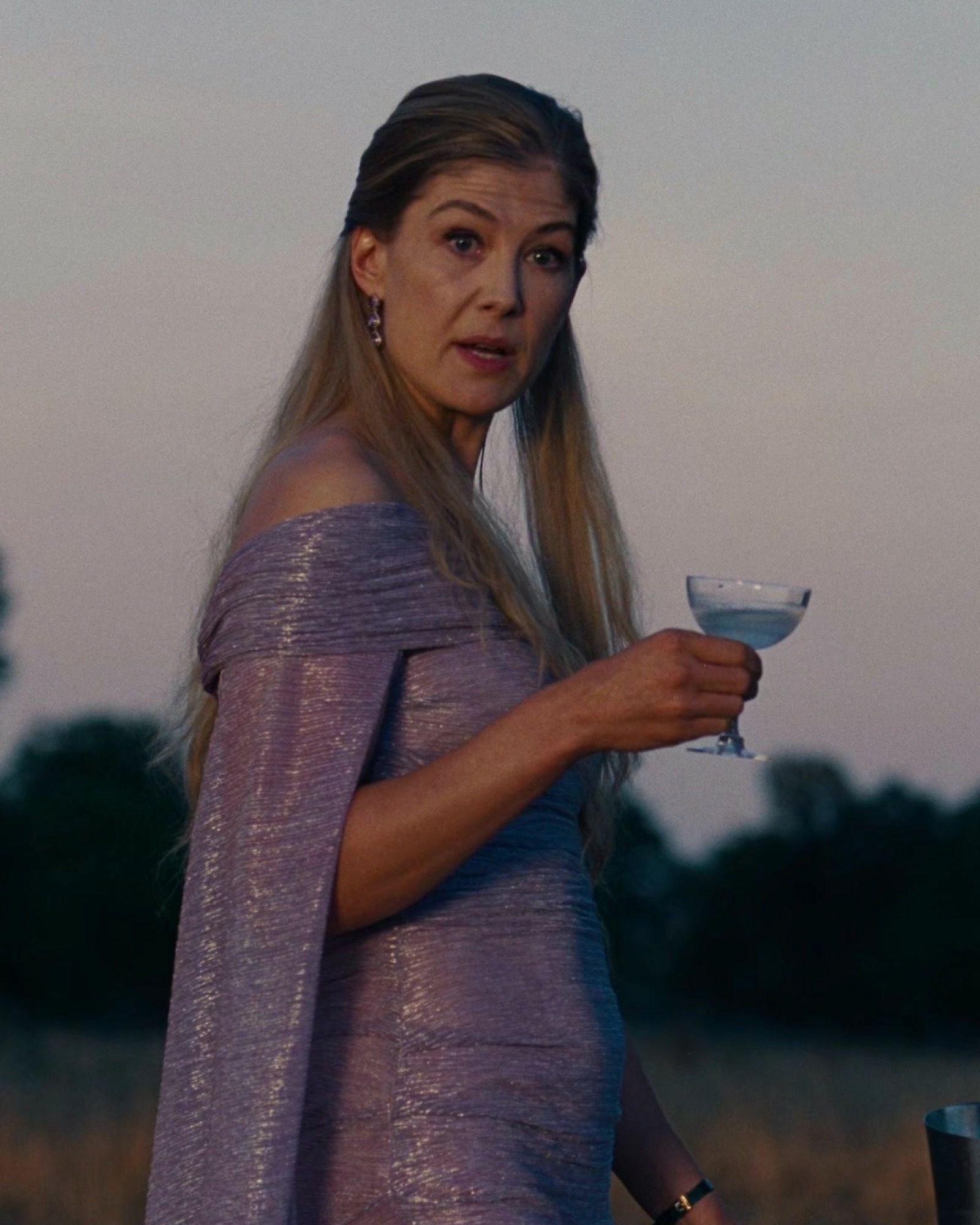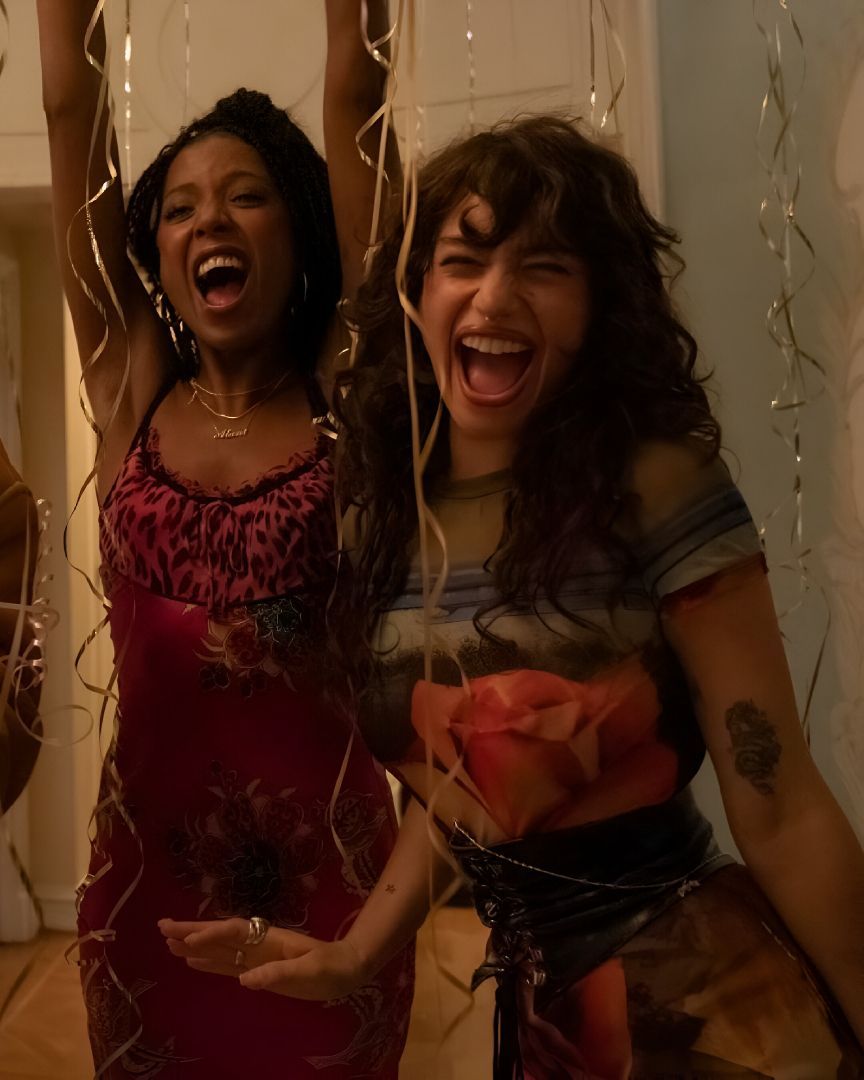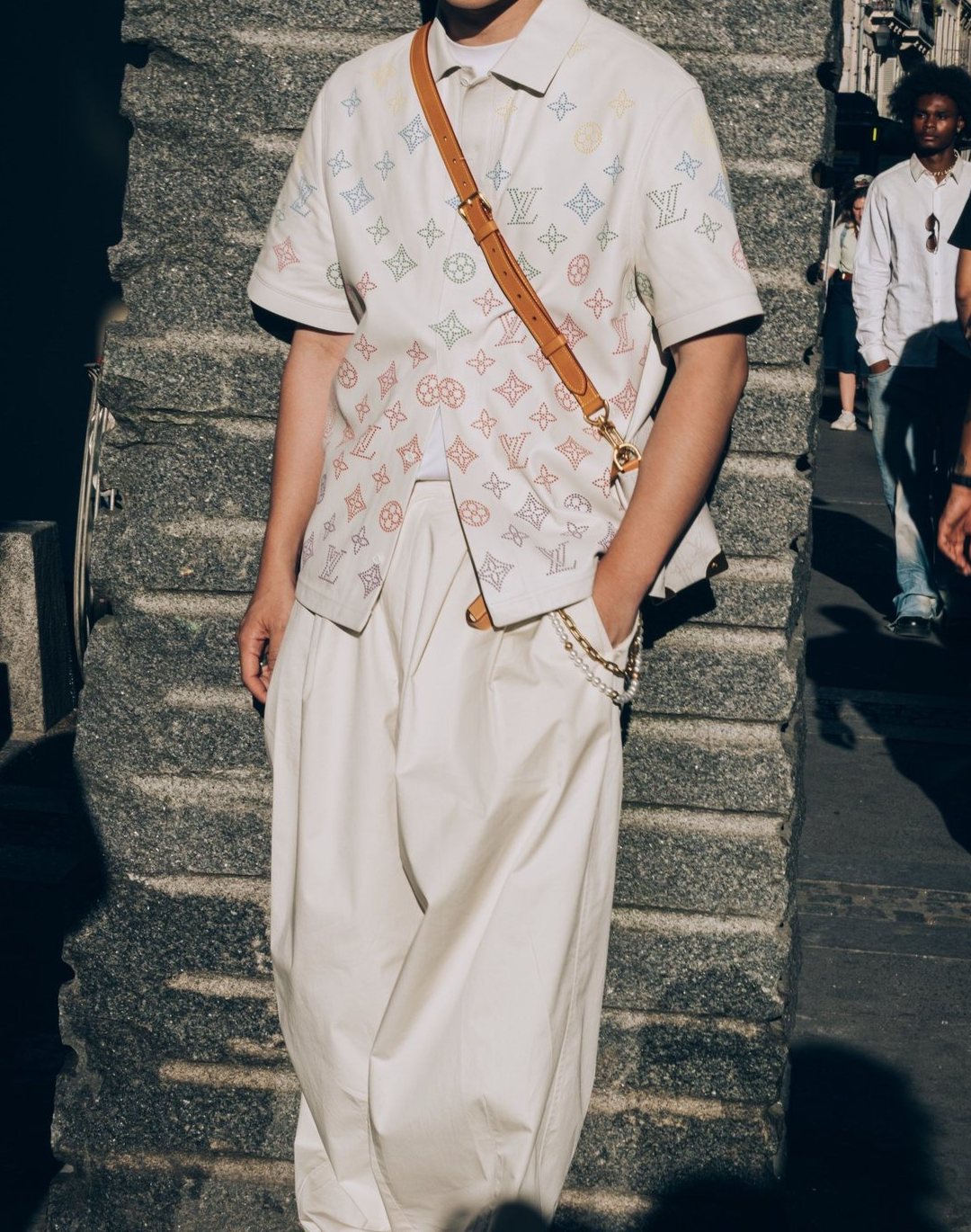
Where did roman clubbing go? From the Diabolika generation to relaxed beers with friends
If until a few years ago Rome was one of the landmarks of the roman clubbing, never as in recent years the city seems to have emptied itself, arriving at its return after a long period of captivity imposed by the lockdown "frozen in its culture and traditions. ", as Matilde, 24 years old stated. What was previously a world full of subcultures and realities that were born within a few weeks has turned into a well of memories in which the few remaining have the difficult task of remembering the past when going out on a roman evening meant finding every weekend something different, as Edoardo Sorgoni, 29, said: "Those who went to clubs followed a trend, they went to the nightclubs with the aim of finding a free and unique vibe."
If part of the blame for this change can be attributed to the pandemic, another must also be identified in the habits of the new generations. Coming from the lockdown, the youngsters have moved their nightlife outside the clubs to experience that freedom lost for over a year. Bars like Bar India and friends' houses have become the new safe places, as Margherita, 22, said, where to go out, meet up with friends to drink the usual beer. “There are no more places, many close and that's why we plan something for ourselves” said Vasco 21 years old. "I happened to end up at parties in strangers' houses dancing until 5am, those unexpected evenings are the ones I like the most." said Matilde, 24, describing the change in habits that saw its genesis in the post-lockdown period with the birth of house parties. If before there was Via Libetta, the clubbing center of the capital with multiple choices, now the only active place is Circolo degli Illuminati, says Edoardo Sorgoni, 29. In fact, when you think about nightlife, you don't immediately imagine Rome, you look for something else, as MarieLou, 24, said: "The relationship with spaces has changed, if once the clubs represented 'protected nests', 'second homes' where one can meet in an intimate situation, now many places have become too commercial, losing their identity."
There is no research, passion, and curiosity, the clubs close, and their philosophies have disappeared. For example with the Goa Club, a legendary reality in Rome, which is rumored to possibly change location from the historic headquarters in Via Libetta. It comes at the end of a long process of canceling the Roman clubs that sees its potential starting point in the closure of the Circolo degli Artisti in 2015, one of the key places of the Roman nights that since March six years ago has left a hole in the Roman clubbing world. Despite attempts to find a replacement (as with the Monk), the end of the Club represented the famous "beginning of the end" for many other venues, from the Init the following year to the Rashomon Club in 2017, passing through evenings like the K-Party or the Freak & C.
Rome in its uniqueness is losing its electronics, the idea behind clubbing, the underground movements, musical niches, small acts, clubs that have been offering courageous artistic ideas for years. Now the events are organized by young people, everyone can hit "play", but the research and knowledge behind each beat need more time, there are too many facets that have completely lost the true value of the historical club. As the guys of Touch the Wood, one of the longest-lived realities of Roman clubbing that since 2007 has been carrying on an idea of an evening made of research and anticipation of trends have said: "The desire to have fun is there, the Roman panorama is a diversified environment where even the clubs have had to deal with reality, but they feel that there are many young people who are approaching the world of music and subcultures and want to follow the clubbing route. " For this reason, like Andrea, 26, said, "We must try to keep up with change" to analyze the needs of the new generations, to understand where comes from the desire and the idea of returning to that feeling of transgression lost over time. In a scenario full of uncertainty, the only certain thing is that clubbing has changed, both due to the pandemic but also for the necessary generational shift, losing its idea of a more intimate soul made up of small and smoky clubs, watered-down beers, and Facebook albums in which you look back with a mixture of embarrassment and fun.



















































